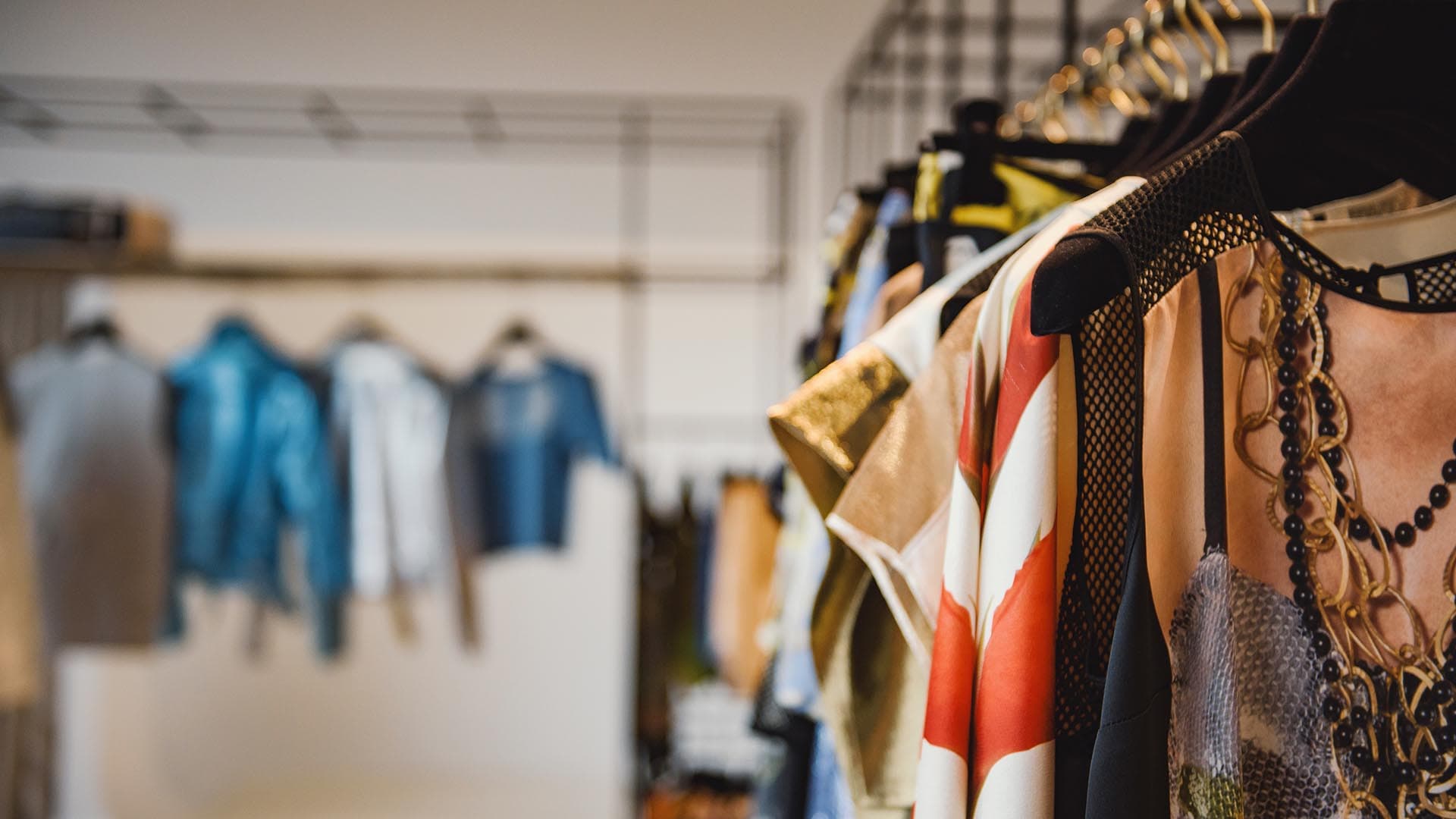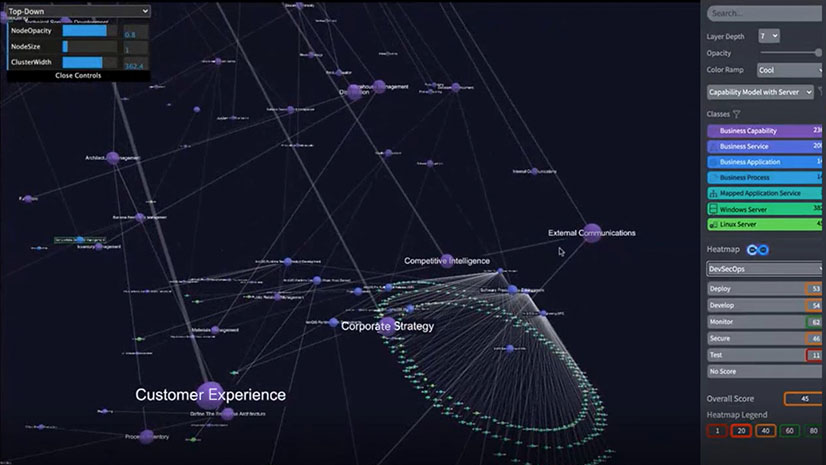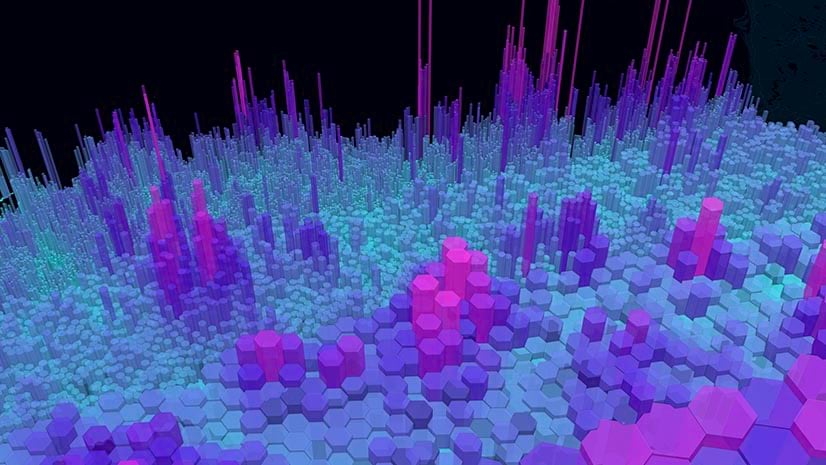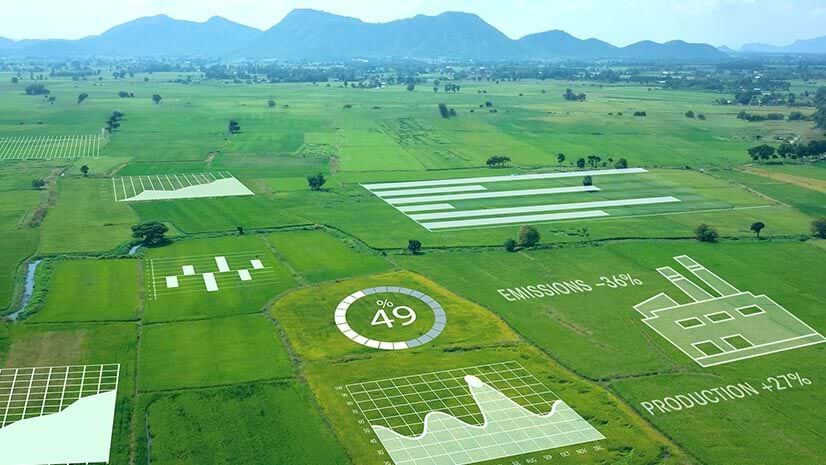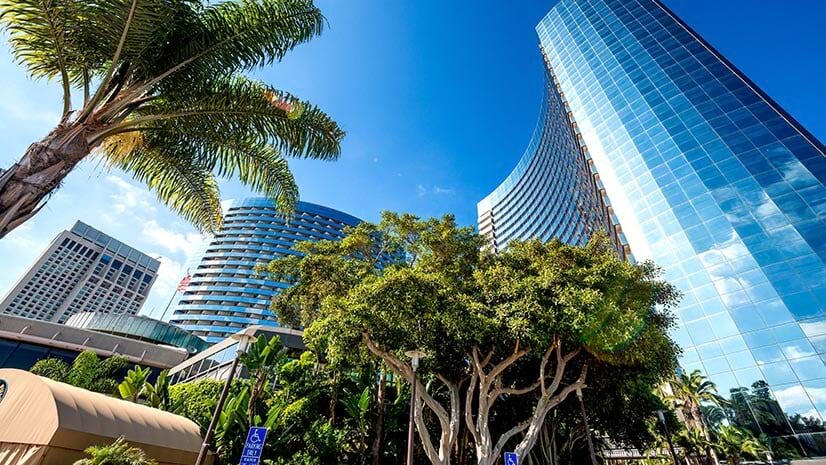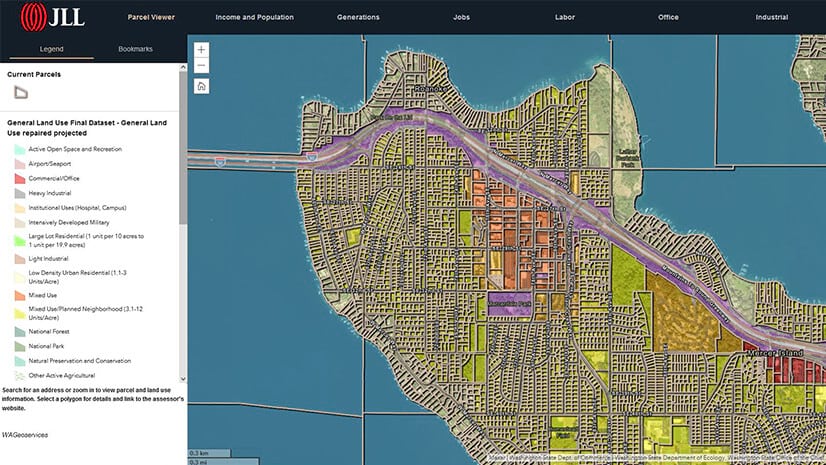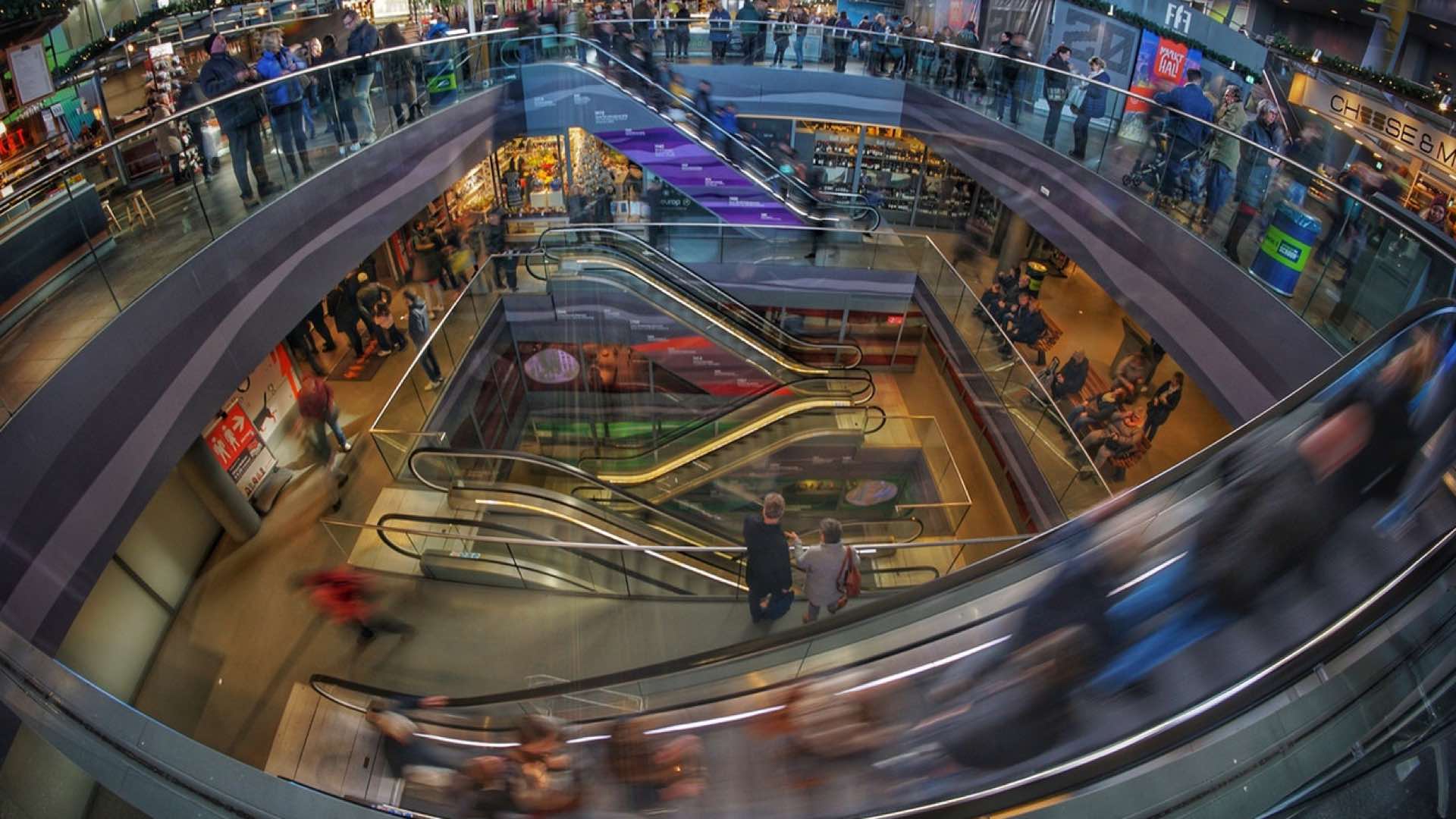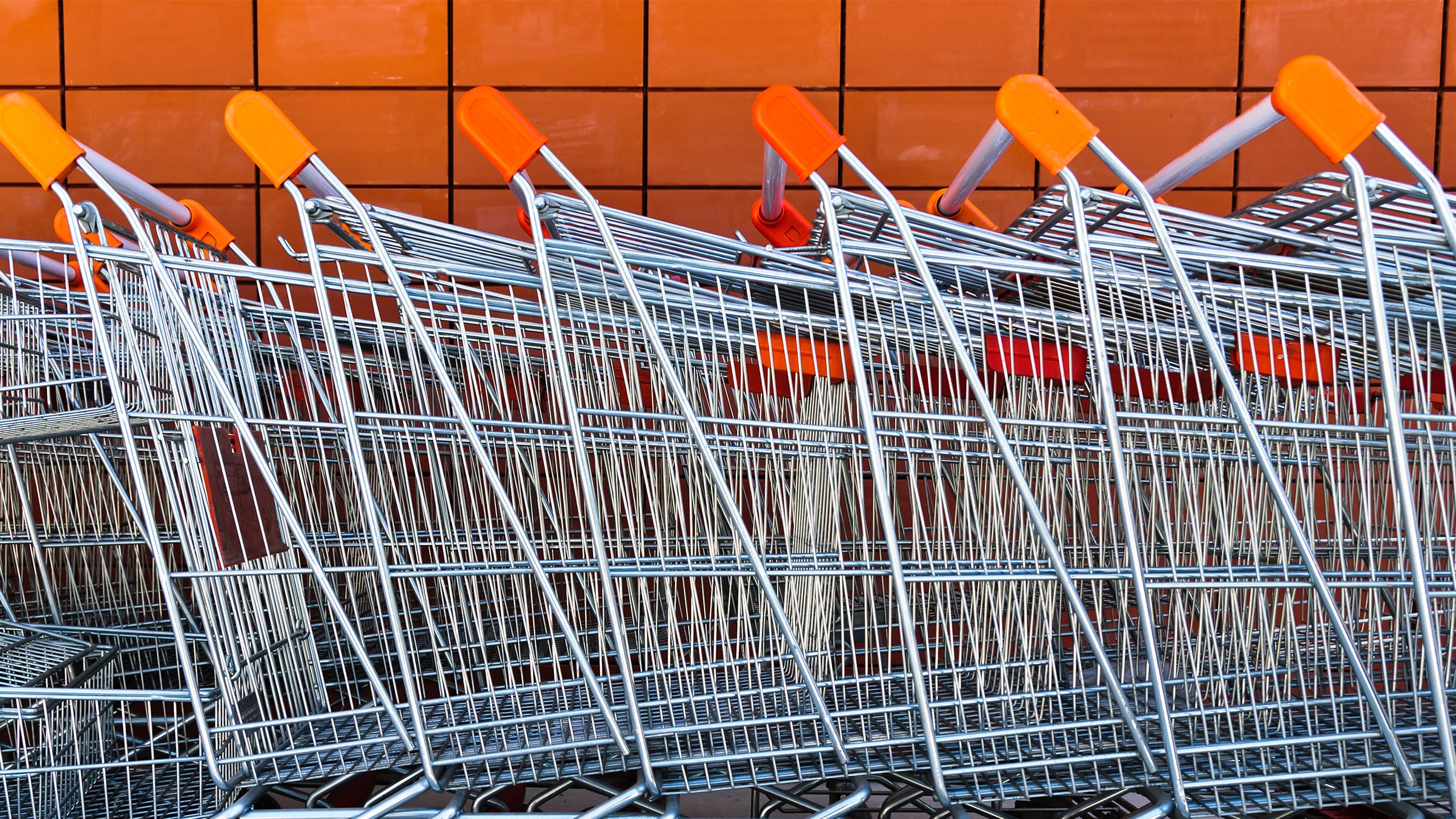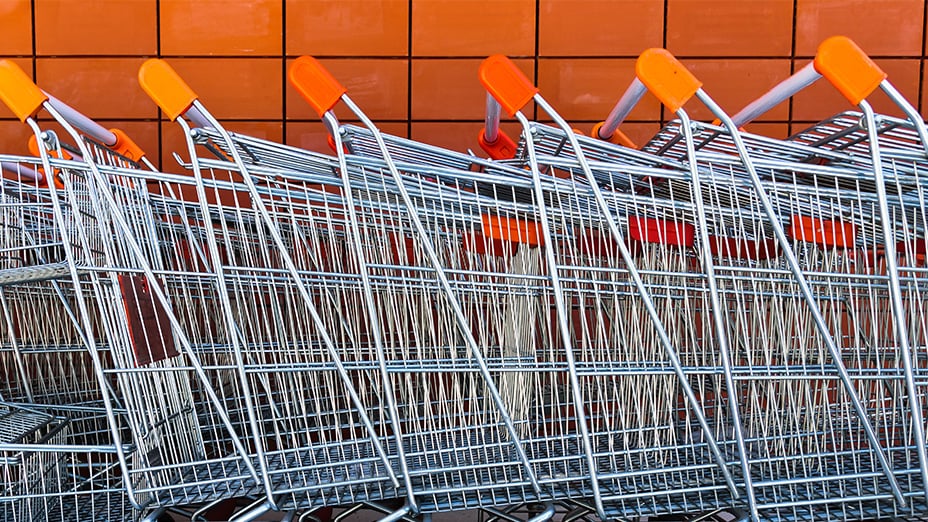Tech startup PopUp Shops is expanding beyond its native Houston, connecting businesses with short-term retail space nationwide, according to a recent article in Houstonia magazine.
Likening itself to the Match.com for brands seeking spaces, PopUp Shops capitalizes on retail closures to help companies connect with customers. Popup stores are growing in popularity as manufacturers and brands look for direct-to-consumer opportunities. These temporary spaces offer a place to test the market for products and reach new, often younger, consumers.
PopUp Shops uses online maps to reveal available locations and details such as daily rental rates. Some of the agreements it facilitates can be as short as five days—just enough time for the renter to hold a flash promotional event.
Locating the Right Audience
For businesses, popups can serve as marketing research labs—a place to evaluate new-product appeal through real-time customer feedback. But before opening their temporary doors, brands must determine whether a retail location will attract its target customers.
In search of areas with the greatest short- or long-term potential, data-driven companies use customer segmentation and location intelligence technologies to determine the consumer makeup of a prospective location. Through detailed analysis of demographic and psychographic data, a geographic information system (GIS) reveals what categories of consumers live in an area and their potential affinity for certain products or brands.
Because of its temporary nature, a popup store lowers the renter’s risk and commitment while delivering valuable location-based data of its own. In-store cameras can record anonymous foot-traffic behavior, revealing which products or displays draw the most attention from visitors. Store staff can interview popup visitors to gauge their reactions to the experience and to specific products. When that feedback is plotted in a GIS, it unveils regional preferences for certain products and services, helping the brand create localized merchandise plans and reduce deadweight inventory.
Short-Term Appeal Spans Industries
The popup experience is not restricted to retail. Restauranteurs have set up temporary kitchens in parks, plazas, and galleries to introduce diners to new chefs and menus. In London, frozen-food purveyor Birds Eye opened a short-term restaurant and served dishes created with the company’s products. Diners paid their tabs by taking a picture of their meal and posting it on Instagram.
Popup shops are a product of a fast-moving economy and consumers who push businesses to stay relevant. Forrester principal analyst James McCormick calls this the age of the customer, noting in a recent podcast:
We’re in this age where the customer’s more empowered than ever before, and actually more powerful than the brands when it comes to managing the narrative of the discussion and the engagement with the brands.
Manufacturers, brands, retailers, and other businesses must innovate faster than ever to attract customers and build relationships. The popup model offers short-term venues for companies to test products, redesign customer experiences, and collect valuable location data. Popup Shops’ recent expansion serves as an indication that this short-term option may just be here for the long term.
Listen to Debbie Hauss, editor-in-chief of Retail Touchpoints explains how companies use location analytics to keep customers coming back for more, in this podcast.
